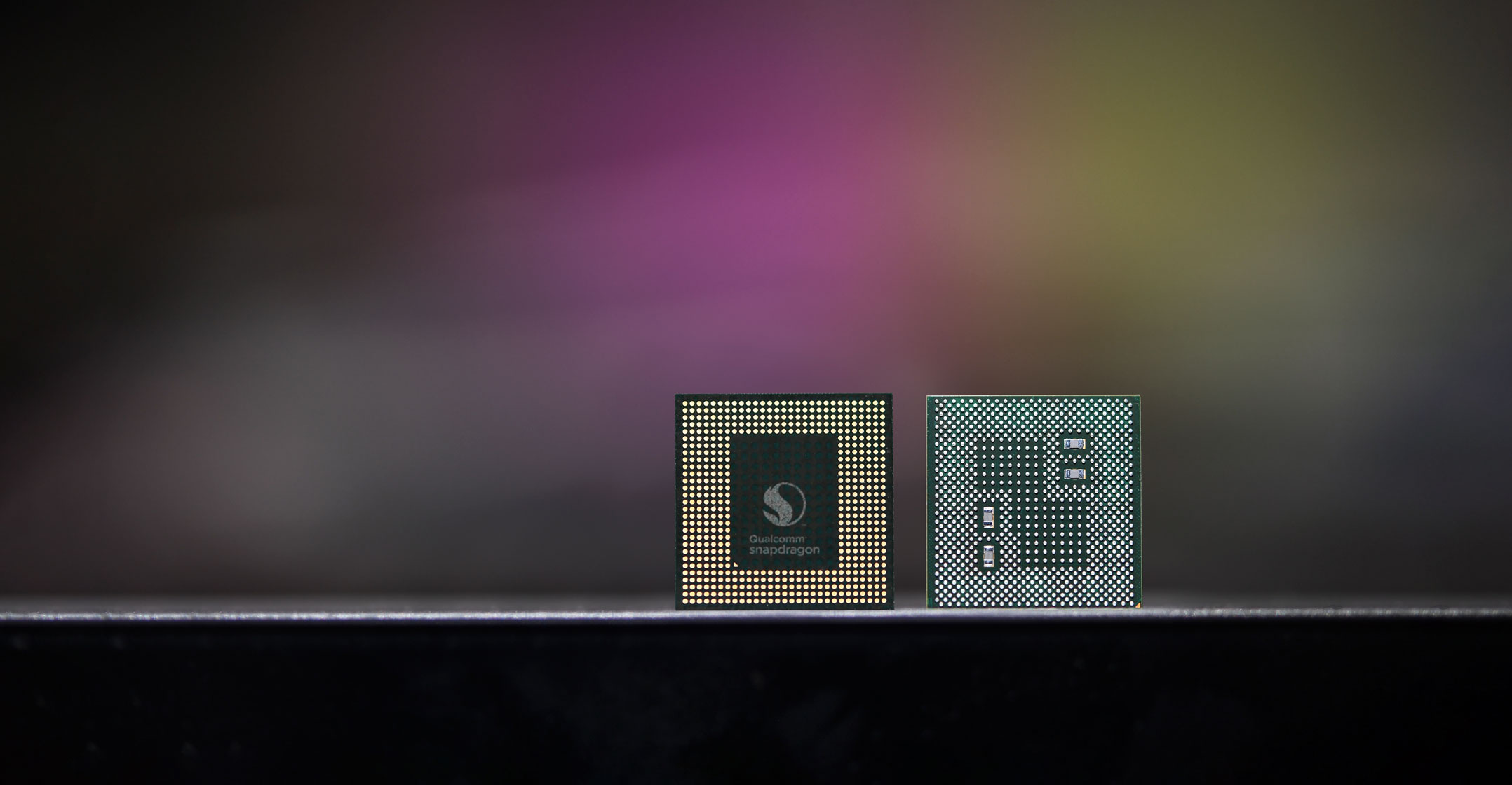
Qualcomm has said it will engage in negotiations with Broadcom, the clearest indication by the company that it is open to a potential takeover.
Following a meeting with executives at both companies on Friday, Qualcomm chairman Paul E Jacobs sent a letter to his rival Hock Tan, published on Monday, inviting Broadcom to enter into a nondisclosure agreement and conduct due-diligence talks in order to come to an agreement over price.
While Jacobs said that the regulatory issues surrounding the deal might be overcome, the price remains a sticking point.
Regardless of the potential negotiations, a shareholder vote on 6 March will help decide the fate of Broadcom’s US$117bn hostile bid. The aggressor needs all six of its director nominees approved by Qualcomm investors to take control of a board that’s so far shunned its approaches. Broadcom is offering $79/share in cash and stock, 25% above Qualcomm’s Friday closing share price of $63.32.
“I don’t think anyone’s really that happy based on the valuation but they’re ready to throw the towel in,” said Daniel Morgan, a fund manager for Synovus Trust Co, which has sold most of its Qualcomm holdings. “There’s an exhaustion on behalf of a lot of loyal Qualcomm shareholders.”
Shareholders are mulling not only the largest deal in tech history but one of the most complex. The two companies haven’t previously come close to compromise, preferring to issue competing promises and counter claims. Qualcomm is also trying to force through its own $43bn acquisition of NXP Semiconductors at a raised price.
In the letter published on Monday, Jacobs continued to press that Broadcom’s $82/share bid materially undervalues Qualcomm.
Before Broadcom’s bid, Qualcomm shares had languished behind peers for half a decade, making it a target. The main problem has been its lucrative patent licensing business, which has provoked regulatory scrutiny, fines and a bitter legal dispute with Apple. Qualcomm argues it will win in court over time, but can’t say precisely when.
‘Uncertainty’
“How do you model this? Markets hate that kind of uncertainty,” said Brian Barish, chief investment officer of Cambiar Investors. He’s willing to give Qualcomm another chance to improve its performance but has little patience for the company’s lack of focus on investor returns to date.
Qualcomm’s leaders have been living in an “ivory tower”, Barish said. With more imagination and flexibility, they could have found a way to structure the business so that the licensing unit didn’t upset customers like Apple. Still, he said Broadcom’s current offer is an attempt to “steal” Qualcomm and he can’t support it.
One major Qualcomm shareholder said they’re planning to support Broadcom because they think CEO Hock Tan will deliver better shareholder returns than Qualcomm’s current management. They asked not to be identified talking about the topic before the vote.

Other investors said they haven’t yet decided which way they’ll vote. They agree that the bid is low and worry the transaction will get held up by antitrust regulators.
The 25% gap between Broadcom’s bid and Qualcomm’s share price highlights these regulatory doubts. Even if investors vote on 6 March to give Broadcom majority control of Qualcomm’s board, they’re still a long way from getting their cash and new stock. A final deal would likely be agreed upon soon after, but some shareholders are concerned antitrust reviews will drag on for a year or more. That means something could still go wrong, sending Qualcomm stock back down to its pre-offer price.
“I am going back and forth,” said Jerry Dodson, CEO of Parnassus Investments, which owns 8.3m Qualcomm shares. A fair price would be at least $80, he said. Dodson is concerned about antitrust scrutiny and gives the deal a 50% chance of ultimately happening.
Some investors are hoping Tan blinks and raises his bid again. The executive has led consolidation of the chip industry over the last five years, but he rarely overpays.
“Hock’s a disciplined buyer. He’s coming in at an attractive time to be a buyer,” Peter Karazeris, an analyst at Thrivent Financial for Lutherans, which has $116bn in assets including Qualcomm stock. “The question just becomes do I think there’s another path to gaining value?” Thrivent hasn’t yet decided which way it will vote, he added. — Reported by Ian King, (c) 2018 Bloomberg LP




